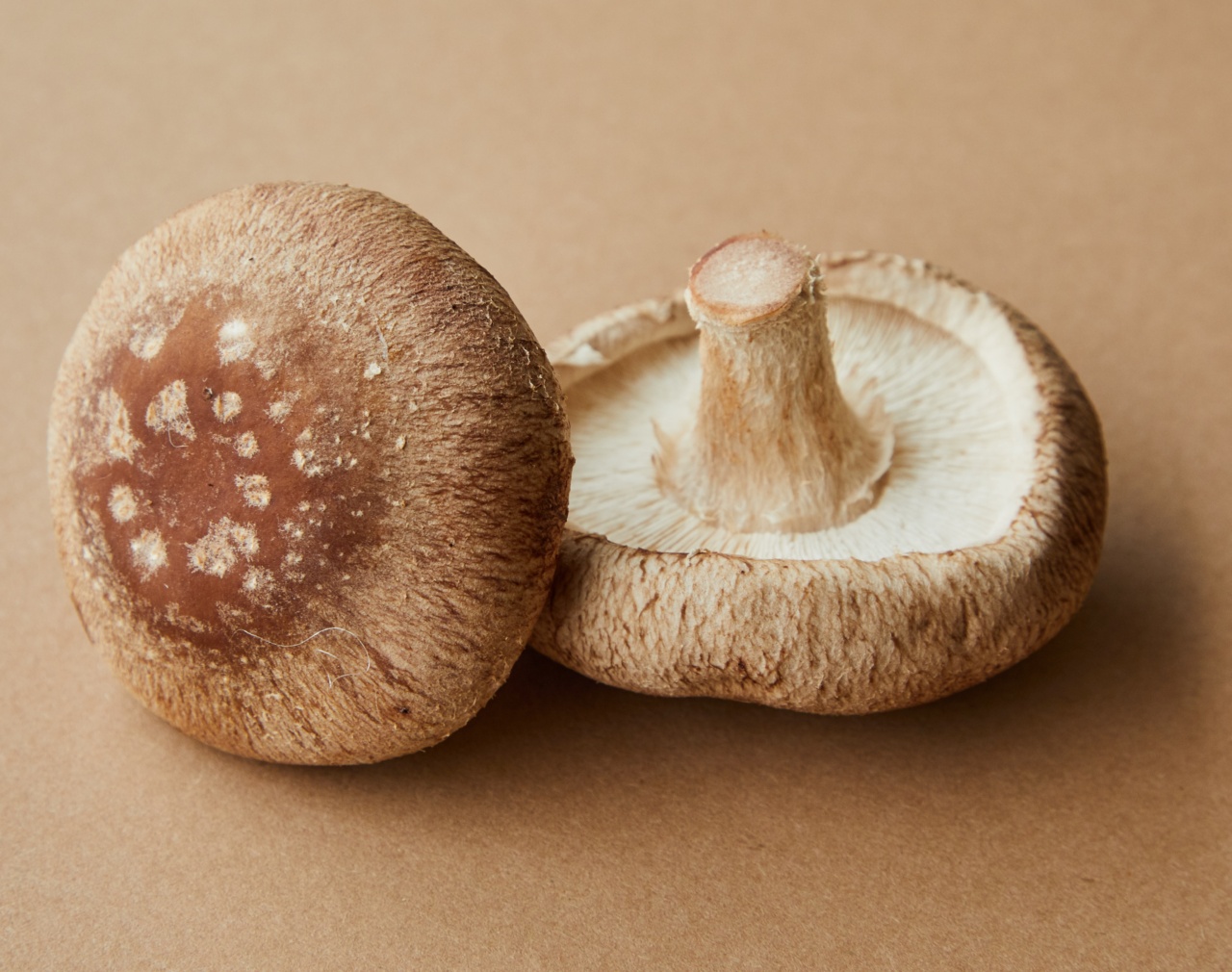Protein is an essential macronutrient that plays a crucial role in our overall health and well-being. It is responsible for building and repairing tissues, aiding in muscle growth, supporting immune function, and producing enzymes and hormones.
While animal-based foods have long been associated with high protein content, plant-based foods can also provide ample amounts of this vital nutrient. In this article, we will explore the various plant-based foods that can help you maximize your protein intake, debunk common myths surrounding plant-based protein, and provide practical tips for incorporating these foods into your diet.
Understanding Plant-Based Protein
Contrary to popular belief, plant-based foods can provide all the essential amino acids necessary for optimal health.
While each plant food may not contain all the essential amino acids on its own, consuming a variety of plant-based protein sources throughout the day can easily meet your daily protein requirements. Legumes, grains, nuts, seeds, tofu, tempeh, and certain vegetables are excellent sources of plant-based protein.
The Benefits of Plant-Based Protein
Plant-based protein offers numerous benefits over animal-based protein sources. Firstly, plant-based foods are typically lower in saturated fat and cholesterol, making them heart-healthy options.
Additionally, they are rich in fiber, vitamins, minerals, and antioxidants, which contribute to overall health and disease prevention. Plant-based proteins also have a smaller environmental footprint, as they require fewer resources and produce fewer greenhouse gas emissions compared to animal-based proteins.
Top Plant-Based Protein Sources
1. Legumes
Legumes, including beans, lentils, and chickpeas, are high in both protein and fiber. They are versatile ingredients that can be added to soups, stews, salads, and even used to make delicious plant-based burgers or patties.
2. Quinoa
Quinoa is a complete protein, meaning it contains all the essential amino acids our bodies need.
This gluten-free grain is an excellent alternative to rice and can be used in various dishes, such as salads, stir-fries, or as a base for protein-rich bowls.
3. Tofu and Tempeh
Tofu and tempeh are soy-based products that are not only packed with protein but also rich in calcium and iron. They are incredibly versatile and can be used in stir-fries, sandwiches, curry dishes, and more.
4. Nuts and Seeds
Nuts and seeds, including almonds, walnuts, chia seeds, and hemp seeds, are excellent sources of plant-based protein and healthy fats. They can be enjoyed as a snack, added to smoothies, or sprinkled over salads and cereals.
5. Seitan
Seitan, also known as wheat meat, is a protein-dense food made from gluten. It is a popular meat substitute due to its texture and ability to absorb flavors.
Seitan can be used in various dishes, such as stir-fries, sandwiches, or as a filling for tacos and wraps.
6. Edamame
Edamame, young soybeans, is not only a great source of protein but also rich in folate, vitamin K, and fiber. These delicious beans can be boiled or steamed and enjoyed as a snack or added to salads, stir-fries, and sushi.
7. Spirulina
Spirulina is a nutrient-dense blue-green alga that is an excellent source of protein, vitamins, and minerals. It is often consumed in powdered form and can be added to smoothies, energy bars, or used as a natural food coloring.
8. Leafy Green Vegetables
Leafy green vegetables such as spinach, kale, and broccoli are not only rich in vitamins and minerals but also surprisingly high in protein.
These greens can be used in salads, smoothies, stir-fries, or even baked into crispy kale chips as a delicious and nutritious snack.
9. Hemp Products
Hemp seeds, hemp protein powder, and hemp milk are all excellent plant-based protein sources. They are rich in omega-3 fatty acids and can be added to smoothies, oatmeal, or used in baking for a protein boost.
10. Ancient Grains
Ancient grains like amaranth, teff, and spelt are not only packed with protein but also provide a variety of vitamins, minerals, and antioxidants.
These grains can be used as alternatives to rice, and their flour can be used in baking for added nutrients.
Tips for Maximizing Plant-Based Protein Intake
Now that we’ve explored some excellent plant-based protein sources, let’s discuss practical tips for maximizing your protein intake:.
1. Aim for Variety
Include a wide range of plant-based protein sources in your diet to ensure you’re obtaining a variety of essential amino acids, vitamins, and minerals.
2. Combine Complementary Proteins
Some plant-based proteins are incomplete, lacking one or more essential amino acids. By combining complementary protein sources, such as beans and rice or tofu and quinoa, you can create a complete amino acid profile.
3. Prioritize Whole Foods
Choose whole food sources over processed options whenever possible. Whole foods not only provide protein but also offer additional nutrients and fiber.
4. Experiment with Meat Substitutes
Explore plant-based meat alternatives such as tempeh, seitan, or tofu to replicate the texture and flavors of traditional meat-based dishes.
5. Opt for Homemade Plant-Based Protein Bars
Instead of store-bought protein bars that often contain additives and preservatives, make your own using ingredients like nuts, seeds, oats, and plant-based protein powder.
6. Make Protein-Rich Smoothies
Add a scoop of plant-based protein powder, along with fruits, leafy greens, and nut milk, to create a nutritious smoothie that can be enjoyed as a meal or snack.
7. Incorporate Plant-Based Protein in Your Snacks
Snack on protein-rich foods like edamame, roasted chickpeas, or almond butter with apple slices to help curb hunger and keep your energy levels stable throughout the day.
8. Be Mindful of Portion Sizes
While plant-based proteins offer numerous health benefits, it’s important to be mindful of portion sizes to maintain a balanced diet.
9. Consult a Registered Dietitian
If you have specific dietary concerns or need personalized guidance, consider consulting a registered dietitian who specializes in plant-based nutrition to ensure you’re meeting your individual protein needs.
In Conclusion
Maximizing your protein intake with plant-based foods is not only feasible but also offers a wide range of health benefits.
By incorporating a variety of legumes, grains, nuts, seeds, and other plant-based protein sources into your diet and implementing practical tips, you can easily meet your protein requirements while enjoying a nutritious and sustainable eating plan.



























